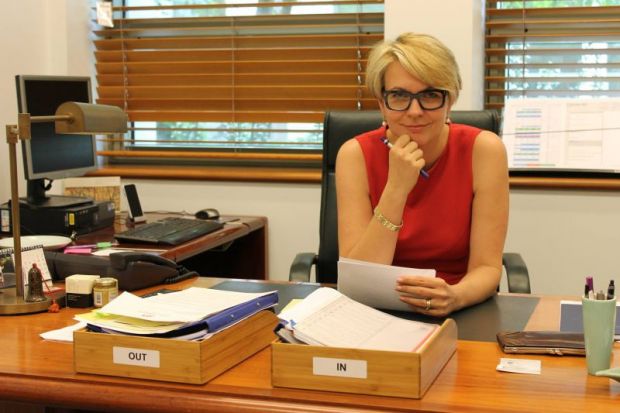Australia’s opposition has asked the government’s performance reviewer to scrutinise the administration of Australian Research Council (ARC) funding, saying “unacceptable” delays in announcing hundreds of grants have become “a matter of national interest”.
In a letter to auditor general Grant Hehir, shadow education minister Tanya Plibersek said thousands of researchers were yet to receive decisions on funding applications lodged early this year.
“Around 5,000 Australian researchers…don’t know whether they’ll have a job next year or whether their projects will have funding. That is a disaster for individual researchers and projects. It’s also a disaster for our…economy and for jobs. We fear many…researchers will be driven overseas or out of research altogether.”
Ms Plibersek said that an estimated 7,000 researchers had lost their jobs during “a very difficult two years” for universities. “The uncertainty created by the delay in announcing Australian research grants only compounds these difficulties. New technologies and breakthroughs don’t come out of thin air. We need researchers to invent them. These discoveries will underpin the growth of local industries and create many jobs for Australians.”
Her intervention comes after Greens education spokeswoman Mehreen Faruqi asked Mr Hehir to investigate the ARC’s development and administration of a now rescinded rule banning references to preprints in funding applications. Dr Faruqi said the little understood rule, which had led to “devastating consequences” for several dozen applicants, had been poorly communicated, inconsistently applied and developed without external scrutiny.
Mr Hehir declined her request, saying that the ARC had promised rapid consideration of appeals from researchers who had fallen foul of the preprints rule. A 2019 audit had found the ARC’s grant administration to be “effective”, he added.
But in a media statement, Ms Plibersek said government research grants were now seeing their longest delay in 30 years, ushering in a “brain drain” and contradicting the government’s policy focus on research commercialisation. “After two years from hell, it’s appalling that government is serving up our researchers this uncertainty.”
It can take weeks for research grants to be disclosed even after they have been approved by the government. Times Higher Education understands that the interim education minister reviewed the outstanding grants on 9 December.




